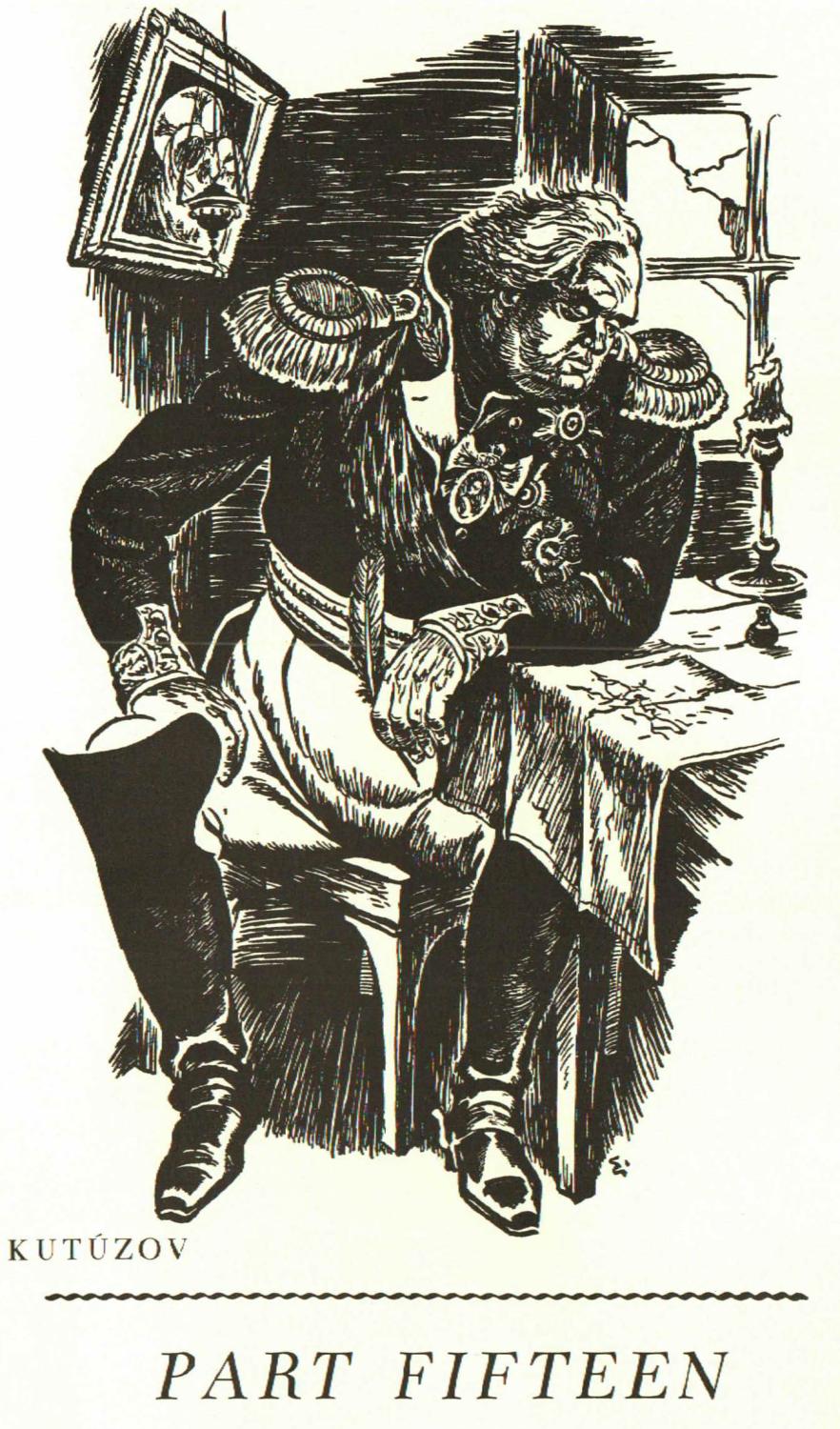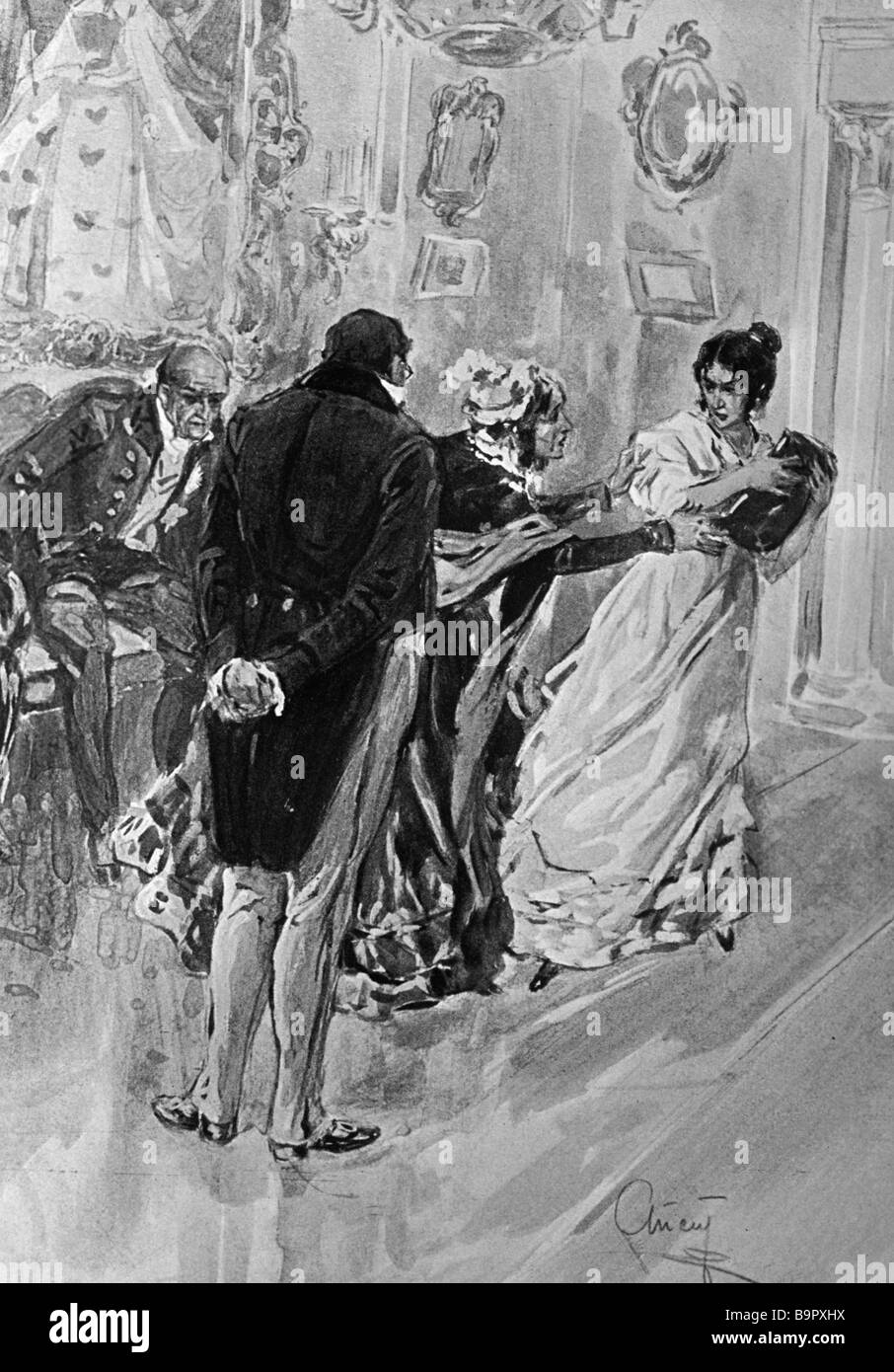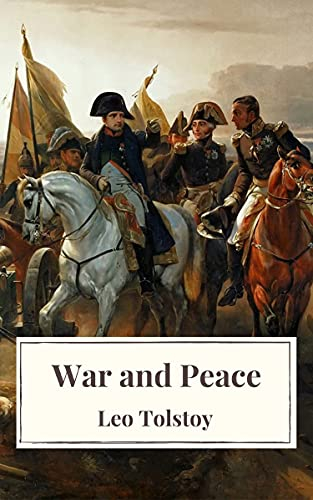

They were written in different historical eras, and on different continents nevertheless, both are included in the world’s scientific annals of military theoretical classics ( MacDonald, 2018 Von Clausewitz, 2008). In research publications on military affairs, the philosophical, historical and epistemological aspects of war, its tactics and strategy, two seminal works are mentioned most commonly. Keywords: hybrid war, Russia’s armed aggression, Ruscism, Russian world, military escalation.

Conclusions are based on an analysis of a number of conceptual documents by Russia’s leadership over the past 15 years. These fundamental ideas are gaining new relevance in the context of hybrid war with the simultaneous presence of elements of military confrontation pertinent to third-generation war and factors pertinent to the new type of sixth-generation war. The authors’ theoretical framework for examining the political nature, essence and causes as well as specificities of this war is based on the provisions of classic military theory as well as their further development. Ideological preconditions, reasons and current consequences of the Russian armed aggression against Ukraine, as well as the evolution of the formation of the political and security doctrines of the ruling regime of Russia from quasi-liberal views to the expansionist concept of “restoration of historical Russia” and justification of aggressive war against Ukraine are considered.

Ideas on the political nature, causes, motivations of the parties and the very essence of the Russia-Ukraine hybrid war of 2014–2022 are presented.


 0 kommentar(er)
0 kommentar(er)
